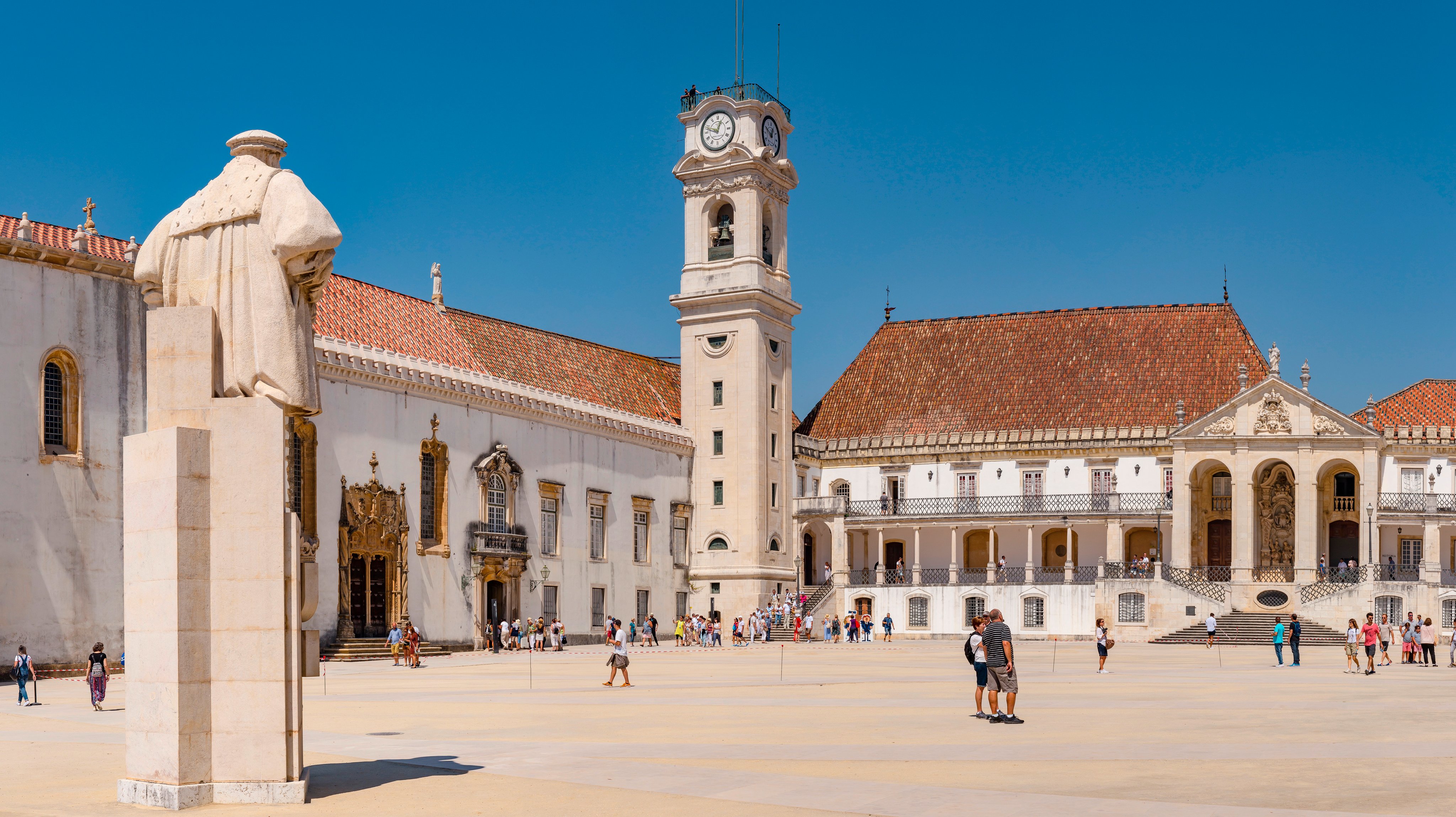Five research projects from the Center for Neuroscience and Cell Biology of the University of Coimbra (UC) received European funding of 750 thousand euros, it was announced on Tuesday.
The global amount will contribute to research related to non-alcoholic fatty liver disease, Machado-Joseph disease and the use of exosomes (small vesicles) for therapeutic purposes.
The financial support granted was approved by the administrative authority of the 2020 Operational Center Program.
The project related to non-alcoholic fatty liver disease will be led by Paulo Oliveira, a researcher at the Center for Neuroscience and Cell Biology (CNBC)”, he adds.
Called “MitoBOOST v2.0 – Proof of concept for the use of polyphenols targeting mitochondria to treat non-alcoholic fatty liver disease”, the research aims to perform “a proof of concept on the use of a new molecule, AntiOXBEN2, still in the preclinical stage, for the treatment of this diseasewhich has been growing in recent decades and affects about a quarter of the world’s population.
According to the note, the project is developed by a consortium that brings together CNBC, the Mitotag company and the Faculty of Sciences of the University of Porto, which developed the aforementioned molecule.
For the study of exosomes, Lino Ferreira, a CNBC researcher, will coordinate the project “BIO-MED: Biomolecular Engineering of Extracellular Vesicles for Regenerative Medicine”, focused on use of these small vesicles“naturally existing in the body, as drug delivery systems for therapeutic purposes”.
The three remaining projects have in common the treatment of Machado-Joseph, “a rare neurodegenerative disease with prevalence in Portugal, but still without a cure”.
Luís Pereira de Almeida, professor at the UC School of Pharmacy and president of CNBC, coordinates the project “MJDedit – Gene editing systems for the ATXN3 gene: A therapy for Machado-Joseph disease”, whose objective is discover a therapy for the disease “through gene editing tools”.
The effective strategies for this disease are potentially applicable to other brain diseases”, highlights the council of the Rector of the University of Coimbra.
The project “BDforMJD – Development of a biomarker for Machado-Joseph disease”, led by CNBC researcher Magda Santana, aims to “develop a biomarker to monitor the progression of Machado-Joseph disease and to evaluate the response to therapies in interventional studies”.
The study “ModelPolyQ 2.0 – Advanced animal models for polyglutamine diseases”, coordinated by Rui Jorge Nobre, also a CNBC researcher, aims to develop “cellular and animal models for polyglutamine diseases, such as Machado-Joseph, using a kit of viral vectors” created in this research center.
Each of the five projects has the duration of approximately one year.
Source: Observadora
